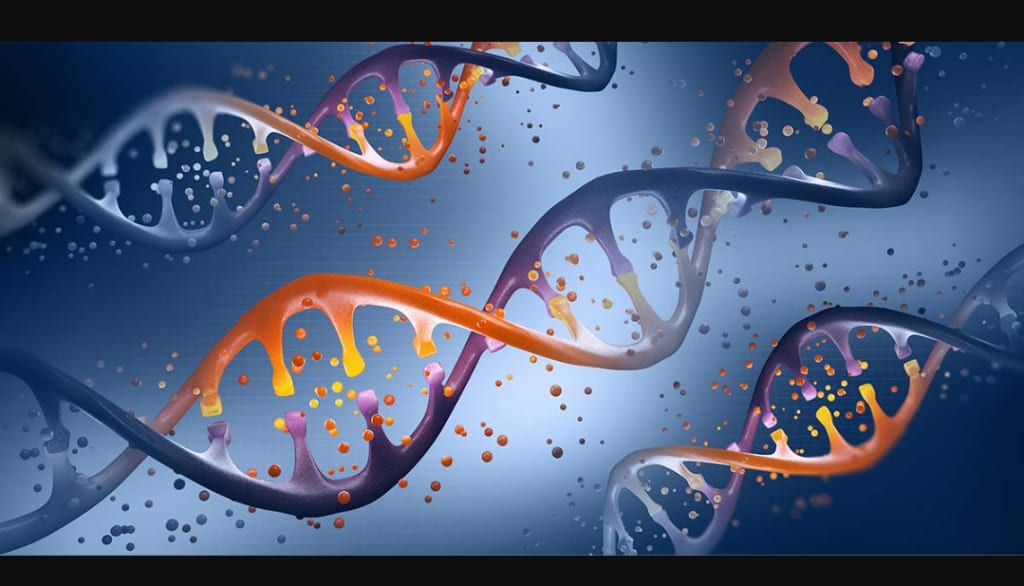
Biotechnology and genetic engineering are two fields of science that are closely related and have revolutionized the way we approach various aspects of our lives. Biotechnology involves using living organisms or parts of them to develop new products or processes that benefit humans, while genetic engineering focuses on manipulating genetic material to modify or create new traits in organisms.
One of the most significant applications of biotechnology and genetic engineering is in the field of medicine. Biotechnology has allowed for the development of a range of therapeutic drugs such as insulin for diabetes, vaccines for infectious diseases, and monoclonal antibodies for cancer treatment. Genetic engineering has also made it possible to produce genetically modified organisms (GMOs) that can be used to produce drugs and other products.
For example, biotechnology has made it possible to produce large quantities of human insulin using genetically modified bacteria. This is a significant advancement over the previous method of extracting insulin from animal pancreases. Similarly, genetic engineering has allowed for the production of recombinant human growth hormone, which is used to treat growth hormone deficiency.
In addition to medicine, biotechnology and genetic engineering have also revolutionized agriculture. Genetic engineering has enabled the development of crops that are resistant to pests and herbicides, increasing crop yields and reducing the use of harmful chemicals. Biotechnology has also been used to produce new plant varieties with improved nutritional value, such as rice with increased levels of vitamin A.
One of the most controversial aspects of biotechnology and genetic engineering is the use of GMOs. GMOs are organisms whose genetic material has been modified in a way that does not occur naturally. This can involve inserting genes from one species into another to create new traits, such as pest resistance or increased yield.
While GMOs have the potential to increase food production and reduce the use of harmful chemicals, they have also been the subject of much debate. Critics argue that GMOs could have unintended consequences on ecosystems and wildlife, and that their long-term effects are not fully understood. There are also concerns about the safety of genetically modified foods, as some studies have suggested that they could pose health risks.
Another area of concern is the ethical implications of genetic engineering, particularly in humans. While genetic engineering has the potential to cure genetic diseases and improve human health, there are concerns about the creation of "designer babies" and the potential for eugenics. There are also concerns about the potential for discrimination and inequality based on genetic traits.
Despite these concerns, biotechnology and genetic engineering are likely to continue to play a major role in shaping the future of society. Advancements in these fields have the potential to improve human health, increase food production, and reduce our dependence on fossil fuels. As these technologies continue to evolve, it will be important to carefully consider their potential impacts on society and the environment.
In the field of energy production, biotechnology has played a significant role in developing alternative sources of energy. Biofuels, such as ethanol and biodiesel, are produced from plant materials using biotechnology processes. These fuels have the potential to replace fossil fuels and reduce greenhouse gas emissions. Biotechnology is also being used to develop new sources of renewable energy, such as using microorganisms to produce biohydrogen.
Another area where biotechnology has made significant contributions is in environmental remediation. Bioremediation involves using microorganisms to break down pollutants in soil and water. Bioremediation has been used to clean up oil spills, industrial waste, and other types of pollution. Biotechnology has also been used to develop plants that can absorb and remove pollutants from the soil.
In the future, biotechnology and genetic engineering are likely to continue to have a significant impact on our lives. Advancements in these fields are expected to improve human health, increase food production, and reduce our dependence on fossil fuels. However, it will be important to carefully consider





Comments
There are no comments for this story
Be the first to respond and start the conversation.